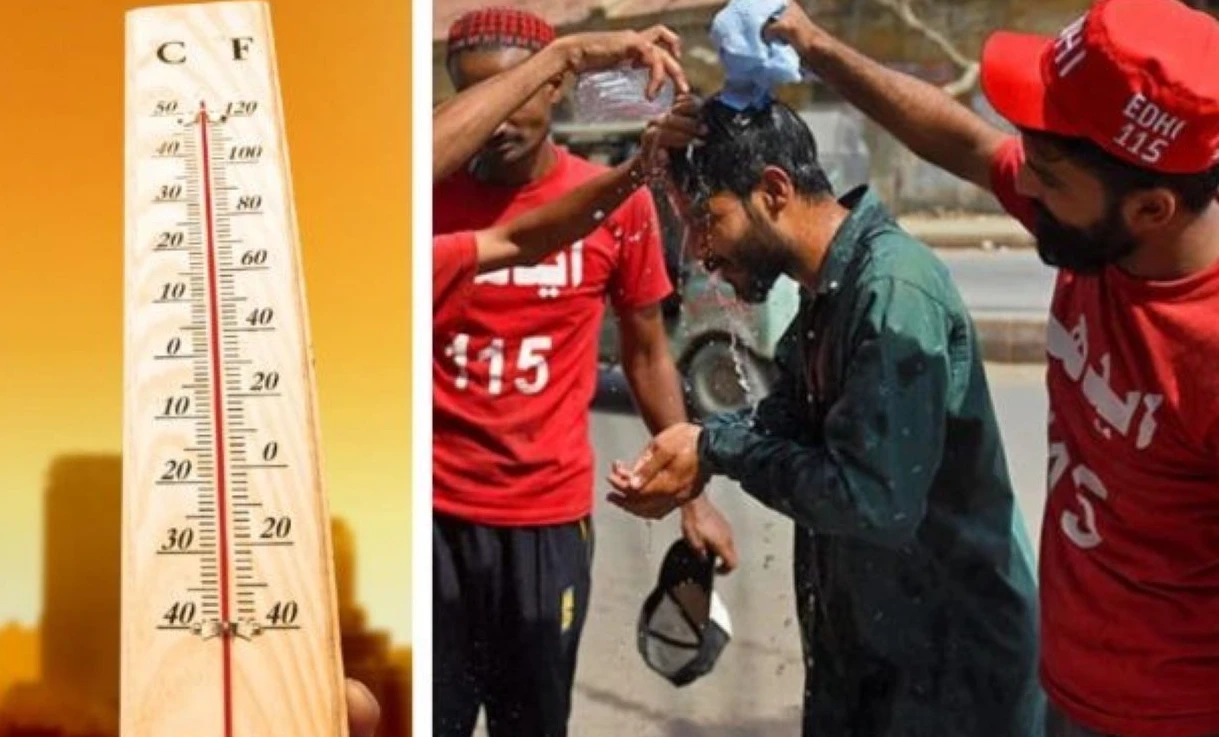Alert! Health Ministry asked hospitals to setup Emergency Heatwave Response Centres

Stay tuned with 24 News HD Android App

Federal Ministry of Health has directed hospitals to set up Emergency Heatwave Response Centres as severe heatwaves sweeps most parts of the country, reported 24NewsHD TV channel.
In a letter to the hospitals, the Federal Ministry of Health said that the months of May and July were extremely hot in Pakistan and are coupled with heat waves due to Global Warming and Climate Change. Therefore, the mortality and morbidity attributable to heatstroke may increase.
The Ministry said that the health facilities should remain open seven days a week during heat wave period and nominate focal person and ensure the availability of relevant staff at the center.
The health facilities are urged to improve the preparation and coordination with rescue service besides the training of health facility staff by the incharge medical officers concerned regarding the emergency management of heat stroke patient.
In order to ensure the safety of the patients, the hospitals are ordered to ensure availability of the essential supplies at the health facilities including oral fluids including ORS, IV Fluids\Ice Packs, emergency life saving medicines, cotton rolls/gauze pads for sponging.
Patients must receive immediate treatment/management. Moreover, in case of heatwave symptoms, Health Ministry has recommended following steps. Immediately move the person to a cooler environment. This should be indoors with air conditioner or at least into the shade.
If a person shows symptoms of heat stroke. Put him or her in a horizontal position and elevate legs and hips, remove unnecessary clothing and initiate external cooling, for example, by placing cold packs on the neck, armpits and groin, fanning continuously and spraying the skin with water at 25–30°C. Measure the body temperature.
Do not give acetylsalicylic acid or paracetamol. Position an unconscious person on his or her side. Maintain the IV line immediately as severe cases often require intravenous rehydration. Promote sweat evaporation by placing the patient before fan and ice packs under the armpits and groin.
If the patient is able to drink liquids, he/she should be given plenty of water in sitting position. Monitor the body temperature with a thermometer and continue cooling efforts until the body temperature drops to 101°F to 102°F. Antipyretics may be given once the body temperature drops to 101°F or below.
Heat stroke is the most serious heat-related illness. It occurs when the body becomes unable to control its temperature: the body’s temperature rises rapidly, the sweating mechanism fails, and the body is unable to cool down.
When heat stroke occurs, the body temperature can rise from 103°F up to 106F within 10 to 15 minutes. Heat stroke can cause death or permanent disability if emergency treatment is not given.
Common clinical features of heat stroke include profuse sweating or the absence of sweating with hot red or flushed dry skin, weakness/lethargy, chills, throbbing headache, high body temperature, hallucinations, confusion/dizziness and slurred speech.
Dr Muhammad Afzal, the director of Research and Development at the PMD in Islamabad, defined heatwave as temperatures 5°C above the normal limit for three or more days.
